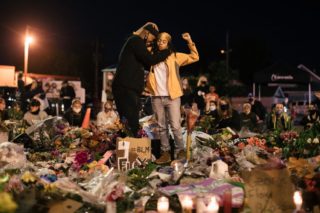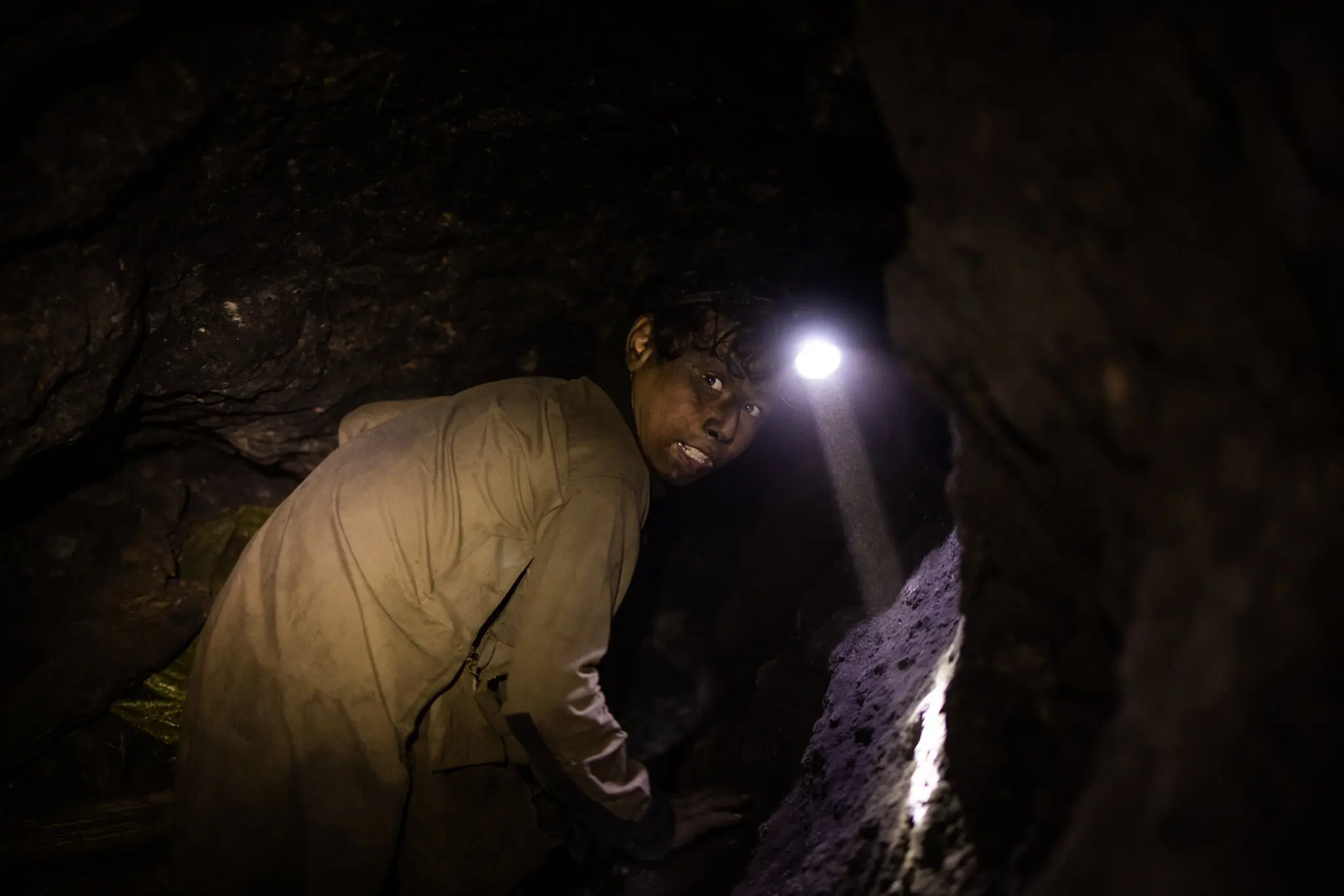
Gathering at a memorial to George Floyd in Minneapolis last week.Credit…Alyssa Schukar for The New York Times
After the sound and the fury, weeks of demonstrations and anguished calls for racial justice, the man whose death gave rise to an international movement, and whose last words — “I can’t breathe” — have been a rallying cry, will be laid to rest on Tuesday at a private funeral in Houston.
George Floyd, who was 46, will then be buried in a grave next to his mother’s.
The service, scheduled to begin at 11 a.m. at the Fountain of Praise church, comes after five days of public memorials in Minneapolis, North Carolina and Houston and two weeks after a Minneapolis police officer was caught on video pressing his knee into Mr. Floyd’s neck for nearly nine minutes before Mr. Floyd died.
That officer, Derek Chauvin, has been charged with second-degree murder and second-degree manslaughter. His bail was set at $1.25 million in a court appearance on Monday.
The outpouring of anger and outrage after Mr. Floyd’s death — and the speed at which protests spread from tense, chaotic demonstrations in the city where he died to an international movement from Rome to Rio de Janeiro — has reflected the depth of frustration borne of years of watching black people die at the hands of the police or vigilantes while calls for change went unmet.
Activists, organizers and the tens of thousands of demonstrators who have rallied day and night for two weeks hope this time will be different. City and state leaders across the country are already weighing overhauls of their law enforcement policies.
In Minneapolis, where Mr. Floyd was killed on May 25, lawmakers vowed to dismantle the police department and create a new system of public safety. Mayor Bill de Blasio of New York City pledged to cut the city’s police budget and spend more on social services. And Mayor Eric Garcetti of Los Angeles said last week that he would cut as much as $150 million from a planned increase in the police department’s budget.
Democrats in Congress on Monday unveiled legislation aimed at ending excessive use of force by the police and making it easier to identify, track and prosecute police misconduct. The measures are considered the most expansive intervention into policing that federal lawmakers have proposed in recent memory.
The New York Times




